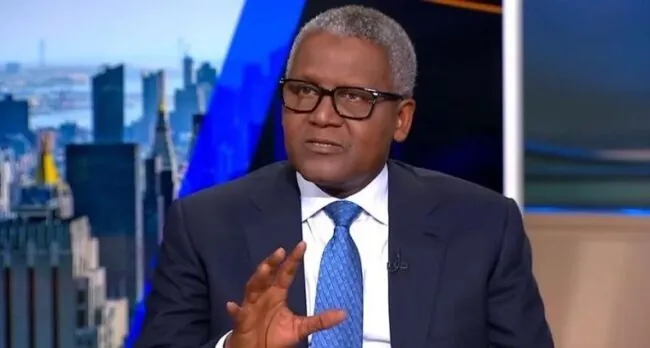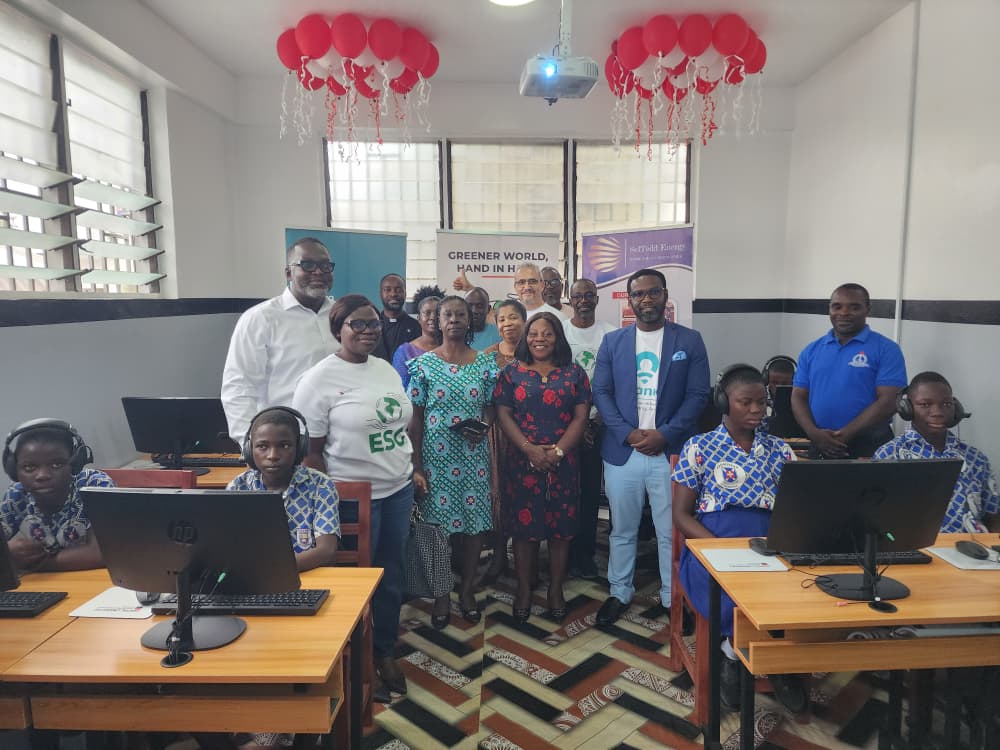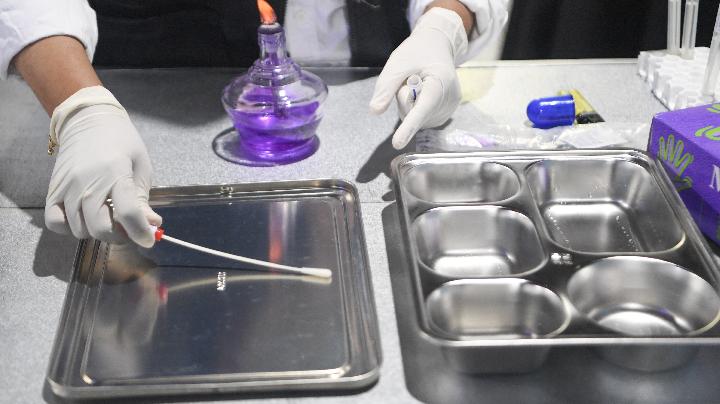By Kehinde Akintola
Copyright tribuneonlineng

Africa’s leading industrialist, Alhaji Aliko Dangote, has called for stronger private sector involvement and sustainable financing in the continent’s war against malaria, describing the disease as both a public health and economic crisis that robs Africa of its people and productivity.
Dangote, who joined virtually at the ‘Big Push Against Malaria Summit’ in Abuja, said malaria remains preventable, treatable, and ultimately stoppable, but stressed that collective determination and investment were required to accelerate progress.
He observed that: “For too long, malaria has taken a devastating toll on our people, particularly our children, pregnant women, and vulnerable communities.
ALSO READ: FG compels thesis submission for NYSC mobilisation
“But we are not powerless. The time to fight is now. Nigeria is making progress, but much more needs to be done,” said Dangote, who also serves as Chairman of the Nigeria End Malaria Council.
He therefore urged Governments, Development Partners, and Private Sector to scale up investments in malaria eradication, noting that sustainable financing and local ownership would be crucial to freeing African nations from the disease’s grip.
According to the World Malaria Report 2024, Nigeria bears the heaviest global malaria burden, accounting for 26.6% of cases and 31% of deaths worldwide. Africa overall contributes 94% of global cases and 95% of deaths, with children under five most affected.
Despite some progress, including Nigeria’s 55% reduction in malaria deaths since 2000, speakers at the Abuja summit agreed that without increased financing, political commitment, and African-led solutions, the continent risks missing the 2030 elimination goal.
Also speaking, the Cameron delegation, who spoke on behalf of the Global Fund, reaffirmed its partnership with Nigeria, disclosing that over $2 billion has been invested in malaria response to date, with an additional $500 million committed between 2024 and 2026.
These resources, according to the Global Fund, are being channeled into vector control, preventive treatments for children, and technology-driven interventions to improve planning and coverage.
In his remarks, Bill & Melinda Gates Foundation, Nigeria representative, Uche Anaowu, who echoed the urgency for renewed political will, recalled Bill Gates’ challenge that malaria could join smallpox as one of the few diseases to be eradicated.
“We know malaria is preventable, we know it is treatable, and if we act together, we know it is beatable. No single country or partner can achieve this alone, but collectively we can,” Anaowu said.
In his intervention, Minister of State for Health, Dr Iziaq Adekunle Salako, who warned that Africa remains off track in meeting the 2030 malaria elimination target, cited emerging threats such as insecticide resistance, humanitarian crises, climate change, and funding shortfalls, urging a coordinated “Big Push” to overcome setbacks.
Similarly, Hon. Linda Ogar, Chair of the House Committee on AIDS, Tuberculosis, and Malaria (ATM), decried what she termed “a vicious cycle of endless meetings” with little to show for it. She proposed a multi-disease agency to tackle malaria, HIV, and TB simultaneously, with financing sourced from taxes on tobacco, alcohol, telecom levies, and a share of consolidated revenue.
Civil Society and WHO Call for Inclusion
Civil society representatives pledged to act as “foot soldiers” of the malaria elimination campaign but demanded decision-making seats at every level.
The World Health Organization (WHO) also urged African leaders to translate commitments into action, stressing the need for stronger health systems, resource mobilization, and local innovations.
While presenting the closing remarks, Alhaji Dangote underscored the urgency of mobilizing all stakeholders, saying, “Let this meeting be a turning point. The private sector, government, civil society, and our international partners must align. Together, we can end malaria in our lifetime.”
According to the Organisers, the Abuja summit continues with technical sessions focused on financing strategies, innovative interventions, and scaling community-driven solutions across Africa.



